Chamber of Commerce’s ‘Secret’ Election Spending
Demonstrators recently took to the streets of Washington, D.C., to protest activities of the nonprofit business lobbying group, which one called "the poster child for Citizens United."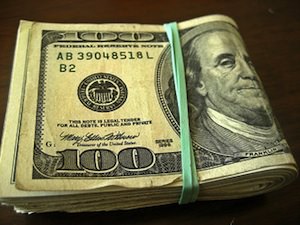
By Thomas Hedges, Center for Study of Responsive Law
Seventy protesters stood outside the U.S. Chamber of Commerce in Washington, D.C., last week, asking for full disclosure of the lobby group’s financial contributions. They gathered in Lafayette Square before walking two blocks to the Chamber doors. The interest groups that organized the event — Public Citizen, the D.C. Public Interest Research Group and the Business Ethics Network — presented a petition with 30,000 signatures to the business federation along with wrapped up “mystery gifts.” They brought two birthday cakes with them. One was for the protesters. The other was delivered to the Chamber of Commerce, which was celebrating its centennial.
“Happy disclosure to you,” a chorus of demonstrators sang to two security guards outside the Chamber building. “No more secret political donors. … Democracy demands transparency. … Secret corporate money out of our elections,” they sang.
The protesters were targeting the secrecy of corporate spending that the U.S. Supreme Court’s 2010 Citizens United decision made possible. Corporations, in addition to spending unlimited amounts of money through super PACs, can now funnel money into not-for-profit business leagues like the Chamber of Commerce and skirt the public eye. The IRS doesn’t require nonprofit groups to reveal their funds, so they can collect money from corporations that don’t want to attract attention and spend it on their behalf.
“The U.S. Chamber of Commerce is the poster child for Citizens United,” said Blair Bowie from U.S. PIRG. “They’re the lobby shop that actively fights against any sort of disclosure reforms that would keep corporations from buying elections.”
The Chamber of Commerce has been the top-spending lobbyist group in the United States since 1998. It donated more than $150 million in 2010, tripling the amount spent by the next biggest lobbyist group, PG&E Corp.
“We want the Security and Exchange Commission to require publicly traded companies,” such as the U.S. Chamber of Commerce, “to disclose their sources of contribution,” said Lisa Gilbert, director of Public Citizen’s Congress Watch Division. Corporations right now “are putting their money through conduits like the Chamber or 501(c)(4) nonprofits … and the only way for citizens like you and me to know where the advertisements that are flooding our airwaves come from is through mandatory disclosure.”
This demand comes, Gilbert said, as Public Citizen continues to fight against the entire premise of unlimited spending. “Disclosing their sources,” she said, “is the very least they can do.”
One recent scandal involves Aetna, a health insurance company that paid $4.5 million to the Chamber of Commerce and $3.3 million to the American Action Network (AAN). The AAN, interestingly, opposes health care reform, while Aetna has publicly supported it.
“We need rules, so that when an oil company spends money to push an environmentalist out of office, it can’t simply give the Chamber a bunch of money to do their dirty work in secret,” Bowie told the demonstrators. They “need to run an ad that says ‘I’m Shell Oil and I approve this ad,’ so that their customers and shareholders can hold them accountable for the spending that they’re doing, so that someone watching that ad understands the profit-driven motivations behind it and judges the credibility accordingly.”
This article was made possible by the Center for Study of Responsive Law.
Your support matters…Independent journalism is under threat and overshadowed by heavily funded mainstream media.
You can help level the playing field. Become a member.
Your tax-deductible contribution keeps us digging beneath the headlines to give you thought-provoking, investigative reporting and analysis that unearths what's really happening- without compromise.
Give today to support our courageous, independent journalists.

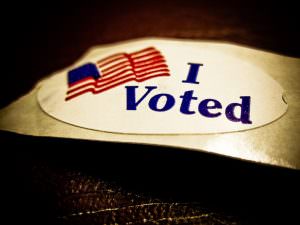
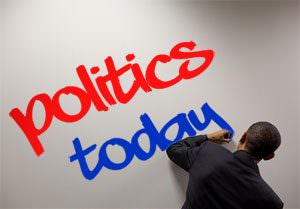
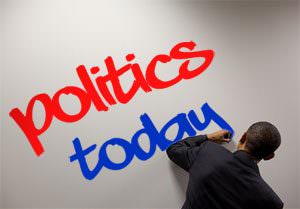
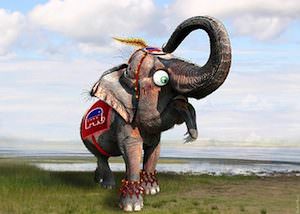
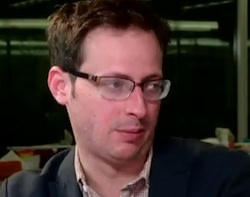
You need to be a supporter to comment.
There are currently no responses to this article.
Be the first to respond.